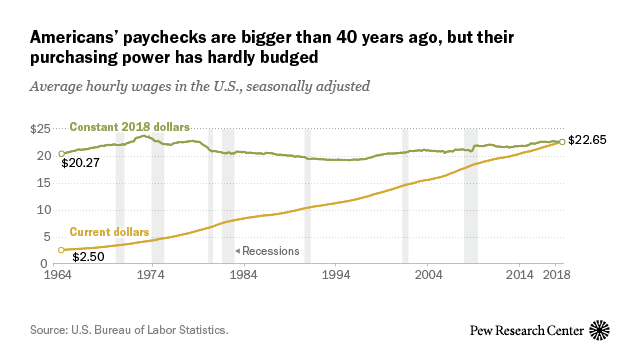False
What is the federal minimum wage for tipped employees?
The federal minimum wage is currently $7.25 per hour. This is the lowest amount you can pay employees per hour of work. However, the
Fair Labor Standards Act (FLSA) makes an exception. Employers in certain industries can pay eligible employees (e.g., waiters) who receive tips a lower minimum wage than non-tipped workers.
Under federal law, tipped employees are those who regularly receive more than $30 per month in tips.
To pay tipped employees at a lower hourly rate, employers can claim a
tip credit toward the federal minimum wage.
A tip credit reduces the hourly minimum wage for qualifying employees by the amount of the credit. The maximum tip credit employers can claim is $5.12 per hour.



